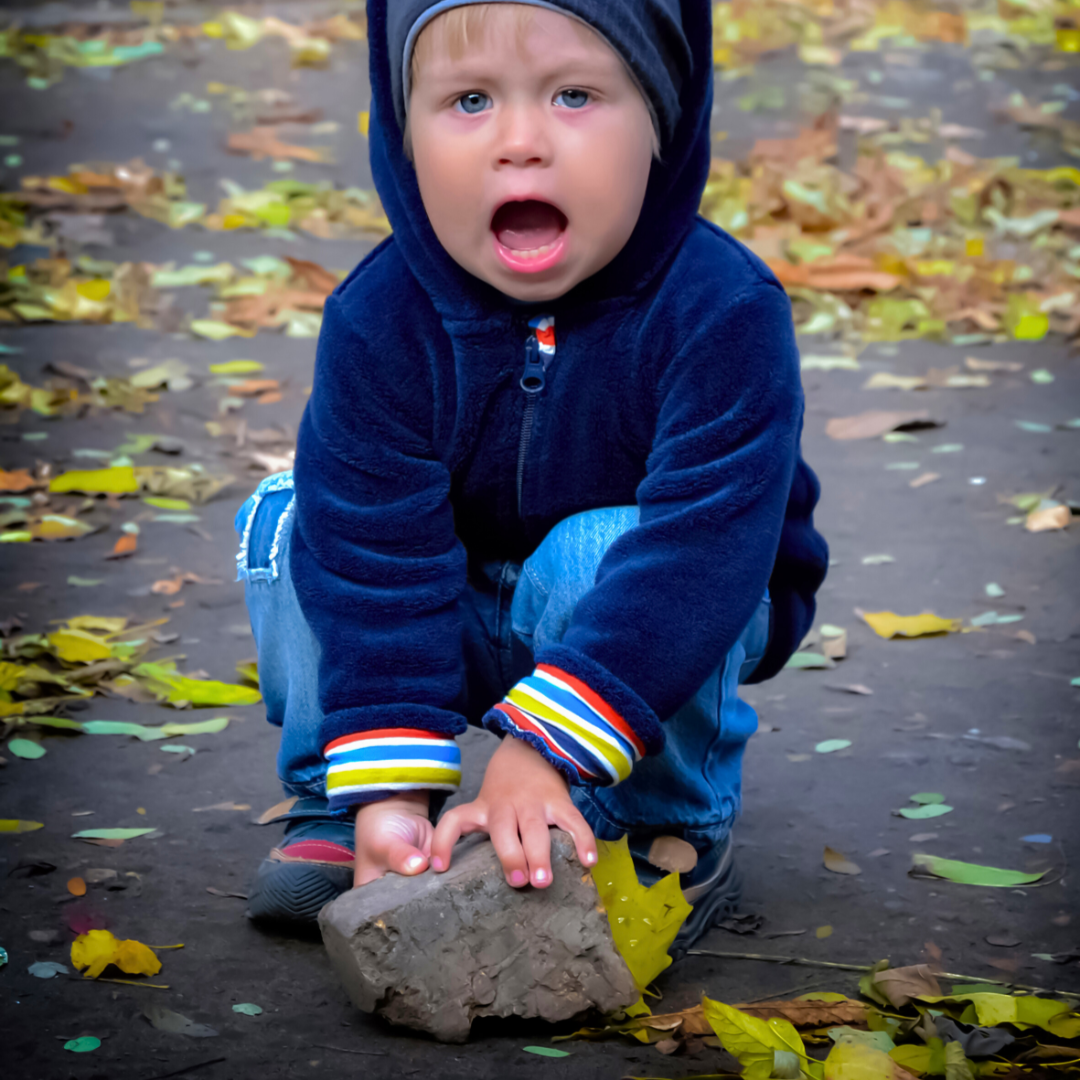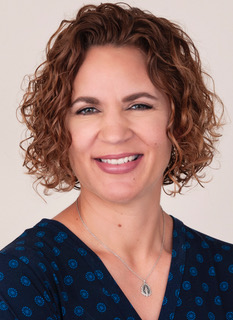
Kristina Talbot shares how shame and fear can get in the way of love and trust.
As a young mom, I can recall the massive distress that came with getting notes sent home from preschool when my child had behavioral issues and was biting classmates on a regular basis. I can remember questioning my parenting skills, wondering what was potentially wrong with my child and if peers would accept him. Thankfully, after obtaining some interventions, we saw tremendous gains and my little guy did not get kicked out of preschool. This experience made me aware that not everyone has a happy ending, and many kids struggle as they go through childhood and adolescent development.
As a therapist, I have seen the struggle not only for kids, but also parents when things don’t go the way it was once hoped. It can be extremely lonely and isolating to have a child struggle with academics, mental health, substance abuse or even legal issues. The reality is that not all kids make honor roll and shine in some after school activity. Unfortunately, when these struggles emerge, I often see parents experience shame.
The hidden shame of feeling like a failure at the most important job we have can be soul-crushing. If we don’t feel condemned by others, we readily condemn ourselves with all the "should haves." In most cases, when it’s your child who is struggling, the sense of condemnation comes from all sides—especially when you find yourself in IEP meetings, therapists' offices, or even courtrooms.
But when they continued asking him, he straightened up and said to them, “Let the one among you who is without sin be the first to throw a stone at her.”
Again he bent down and wrote on the ground.
And in response, they went away one by one, beginning with the elders.
So he was left alone with the woman before him.
Then Jesus straightened up and said to her, “Woman, where are they? Has no one condemned you?”
She replied, “No one, sir.” Then Jesus said, “Neither do I condemn you. Go, [and] from now on do not sin any more.” (John 8: 7-11)
Parents with struggling children can feel the intensity of shame not unlike the woman caught in adultery. Like her, the sense of condemnation from those around us, can feel paralyzing. Whether or not we are being judged by others, the self-condemnation can become deafening. Yet our Lord provides a blueprint in how He responds to shame in this encounter. Perhaps in our case, He would write, "Let the one among you with the perfect child be the first to throw a stone."

I wish I could tell you I’ve never thrown a stone at other parents for the mistakes of their children, but that wouldn’t be true. The moments I’ve picked up stones have often been led by fear instead of grace. It’s not a pretty sight or sound to find oneself grasping onto a stone of fear that it could have been me instead of them. The enemy is very tactful in using shame and fear against us. Yet we are armed with love and trust to combat the lies of condemnation.
It is easy to acknowledge that I am not perfect, nor are my children. But it is difficult to navigate the parenting gauntlet and it can be painful to grieve the loss of unmet expectations. In many ways, we are all trying to survive the turbulence that comes with each stage of development. Perhaps we may support each other by sharing the truth that none of us received a manual on how to handle every parental situation we face.
Instead of picking up stones to throw at each other that can start as early as sleep training comparisons; perhaps we may gain more traction being led by compassion and mercy to acknowledge that we are doing the best we can with what we have. In dropping our own stones directed at others and even ourselves, we may be able to open our ears and hearts to listen and support one another.
“A thief comes only to steal and slaughter and destroy; I came so that they might have life and have it more abundantly.” (John 10:10)

Copyright 2024 Kristina Talbot
Images: Canva
About the Author

Kristina Talbot
Kristina Talbot is a Licensed Clinical Social Worker and native Floridian who loves that her engineer husband enjoys Karaoke, and her four children enjoy carpool line with the music up. Kristina is the owner and founder of ARISE Mental Health Consulting Services and has a ridiculous amount of knowledge about football. You can follow Kristina on Facebook and Instagram @arisemhc.


.png?width=1806&height=731&name=CatholicMom_hcfm_logo1_pos_871c_2728c%20(002).png)
Comments